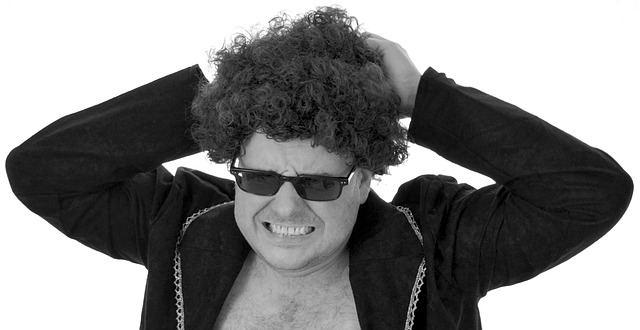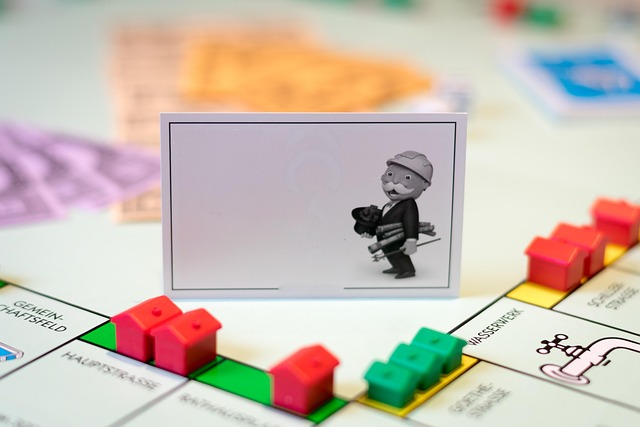Veterans transitioning from military to civilian life often face unique challenges in substance abuse rehabilitation programs, including trauma and loss of support networks. Peer-led support groups provide a safe, understanding environment fostering camaraderie and belonging, empowering recovery through shared experiences and storytelling. Holistic wellness programs like yoga, meditation, and nutrition initiatives address mental well-being alongside physical health, enhancing long-term recovery for veterans with PTSD and addiction.
Peer-led support groups offer a unique and powerful approach to aiding veterans dealing with substance abuse. These safe, therapeutic spaces empower individuals to share their experiences and gain valuable insights from peers facing similar challenges. This article delves into the specific needs of veterans in recovery, explores the transformative effects of peer support, and provides practical guidance on creating effective support group environments tailored for this demographic. By focusing on these groups, we aim to enhance substance abuse rehabilitation programs specifically designed for veterans.
- Understanding the Unique Needs of Veterans in Recovery
- The Power of Peer Support in Substance Abuse Rehabilitation
- Creating a Therapeutic Environment: Benefits and Implementation for Veteran Support Groups
Understanding the Unique Needs of Veterans in Recovery

Veterans facing substance abuse rehabilitation often have unique needs stemming from their military experiences. Transitioning to civilian life can be challenging, with potential trauma, isolation, and a disconnect from social support networks they once relied on. Peer-led support groups cater to these specific challenges by creating an environment where veterans feel understood and accepted. These groups offer a safe space to connect with peers who have gone through similar experiences, fostering camaraderie and a sense of belonging.
Understanding the intricate issues faced by veterans in recovery is vital. Incorporating programs tailored to their needs, such as Healthy Habits in Early Sobriety, Healthy Sleep Habits Coaching, Holistic Wellness Programs Integrating Yoga, Meditation, and Nutrition for Deep Healing, can significantly enhance their journey. These initiatives not only address physical health but also promote mental well-being, a crucial aspect of long-term recovery.
The Power of Peer Support in Substance Abuse Rehabilitation

Peer support is a powerful tool within substance abuse rehabilitation programs for veterans, offering a unique and beneficial approach to recovery. In a peer-led environment, individuals who have shared similar experiences come together to provide comfort, understanding, and encouragement. This sense of camaraderie can be incredibly empowering for those in recovery, fostering a sense of belonging and reducing feelings of isolation.
By sharing their stories, veterans in these groups gain valuable insights into coping mechanisms and strategies from peers who have successfully navigated addiction. Online Support Groups for Loved Ones of Addicts can also provide an essential platform for family members to connect, share concerns, and offer emotional support to one another. Moreover, Cognitive-Behavioral Therapy techniques, with a focus on reframing negative thoughts and behaviors, are often incorporated into these peer-led sessions, enhancing the overall effectiveness of Addiction Recovery strategies.
Creating a Therapeutic Environment: Benefits and Implementation for Veteran Support Groups

Peer-led support groups offer a unique opportunity to create a therapeutic environment tailored to veterans’ needs, fostering recovery and resilience. In many cases, veterans face challenges transitioning back to civilian life due to invisible wounds like post-traumatic stress disorder (PTSD) and substance abuse. By facilitating open dialogue and shared experiences, peer support groups provide a safe haven where veterans can connect with one another, build camaraderie, and offer mutual understanding. This sense of community is particularly powerful in addressing the stigma often associated with mental health issues and addiction recovery.
Implementing holistic wellness programs within these support groups can significantly enhance their therapeutic benefits. Integrating practices such as yoga, meditation, and nutrition promotes overall well-being. These activities not only provide tools for stress management but also offer a sense of grounding and mindfulness. For veterans struggling with substance abuse rehabilitation programs, holistic approaches like these can facilitate deeper healing by addressing the root causes of addiction. By prioritizing not just mental health but also physical and spiritual aspects, peer-led support groups become comprehensive hubs for veteran care, contributing to their long-term success in overcoming challenges related to PTSD and addiction recovery.
Peer-led support groups offer a unique and invaluable resource within substance abuse rehabilitation programs for veterans. By fostering a safe, therapeutic environment, these groups empower veterans to connect, share experiences, and gain insights from one another. The benefits are clear: enhanced recovery outcomes, improved social connections, and a renewed sense of community. Implementing peer-led support within these rehabilitation programs not only enriches the overall experience but also paves the way for lasting positive change in the lives of those serving or having served our country.






